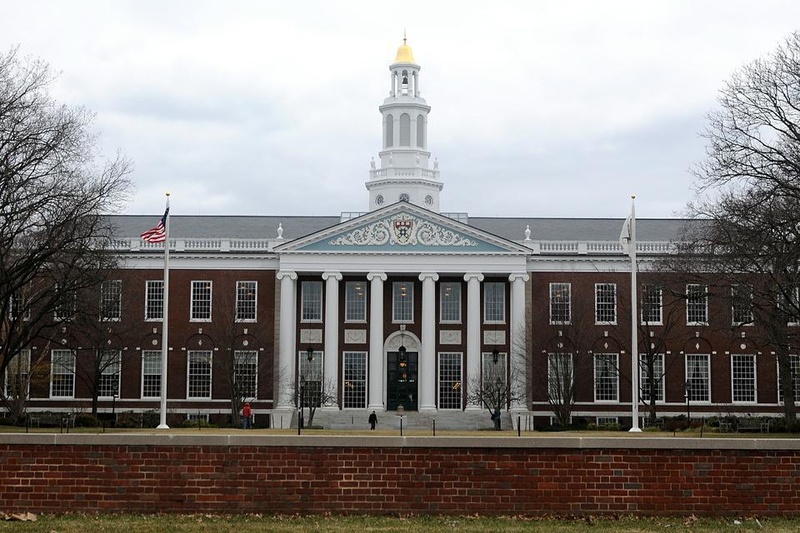Stanford University’s Graduate School of Business topped U.S. News and World Report’s recently released rankings of the best business schools, pushing Harvard Business School into the number two spot.
Last year, Stanford and Harvard tied for first place, each earning 100 points, while this year Harvard’s score fell to 98 points.
“A two point drop is not what I would call very far,” Business School Director of Media Relations James E. Aisner ’68 said.
According to Garth Saloner, Dean of the Stanford Graduate School of Business, Stanford refrains from using rankings in marketing due to the inherent limitations of a ranking system.
“There are many fine institutions of management education, each with its own merits,” Saloner wrote in an email to The Crimson. “We strongly encourage individual applicants to decide which school best suits them based on their personal values, aspirations, and interests.”
Aisner said that he does not think that prospective students should focus heavily on rankings when choosing which business schools to apply to.
“My hope is that students who are applying to this school are taking a very holistic approach,” Aisner said.
The business school rankings are based on three categories: quality assessment, placement successes, and student selectivity.
The quality assessment score is based on a peer assessment score and a recruiter assessment score ranking each school on a scale of “marginal” (1) to “outstanding” (5).
Aisner said that the rankings are “basically a reputational survey.”
“The Harvards and Stanfords of the world are going to make out well no matter what,” he said.
Harvard Business School Professor Rakesh Khurana, who has conducted research on ranking systems, has also found that rankings reflect a school’s prestige rather than the quality of its instruction.
“The actual rankings don’t matter in reality, but the emergence of the ranking system has been more harmful than helpful to the education system, because schools focus more on their image than they do on the quality of the education that they provide,” Khurana said.
Aisner said that he does not think that the recent turnover of the Business School deanship or the curricular changes announced in January negatively affected the school’s ranking.
Brett Gibson, a second year at the Business School, echoed the positive assessment of HBS in an emailed statement.
“As a student about to graduate from HBS, the experience here has been extraordinary,” Gibson wrote. “I don’t think I could have matched that kind of total experience at any other business school in the world.”
In separate U.S. News and World Report graduate school rankings, Harvard Medical School ranked number one for research, although its primary care ranking was number 15.
Harvard Law School also claimed the runner-up spot behind Yale Law School, which has topped the chart for roughly two decades.
The Harvard Graduate School of Education and the Harvard Kennedy School both tied at number two in the Best Education Schools and Best Public Affairs Schools categories, respectively.
The Graduate School of Engineering and Applied Sciences was tied for number 18 for Best Engineering Schools.
Read more in News
Panelists Confident in Japan's Recovery from Earthquake, TsunamiRecommended Articles
-
Another Federal Ed. FollyIf the prospect of college-wide standardized testing is not enough, brace for more educational bureaucracy. The U.S. Secretary of Education’s
-
HBS Humbled by Lackluster RankingHarvard Business School may want to consider adding a case study in humility. Despite its four-year run as the top
-
Harvard Tops London RankingHarvard topped the list of the world’s best universities for the third consecutive year, according to a British ranking published
-
Harvard Places Second in College RankingsCORRECTION APPENDED Harvard placed second among national universities in the 2008 US News & World Report rankings—below Princeton and above Yale
-
Unrank HarvardDespite recent attempts at reform, the modern college search process is still one of the most opaque and even byzantine














